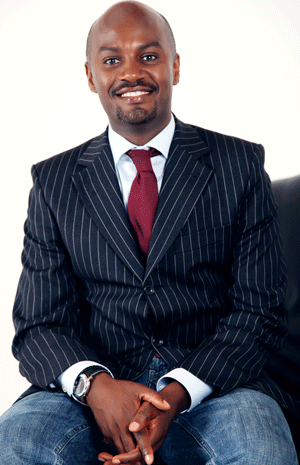THE LAST WORD | ANDREW MWENDA | And so it was that on the morning of December 24th, while going through Instagram, I saw a post on the wall of Lucy Bunyenyezi (Smize) announcing the death of her uncle Ezra Bunyenyezi.
For a brief moment I lost my balance. What? How? When? Why? I just could not believe it! How can Ezra, a man of boundless love and and an abounding generosity, die? He was so full of life and zest, the world needed more and more of him.
